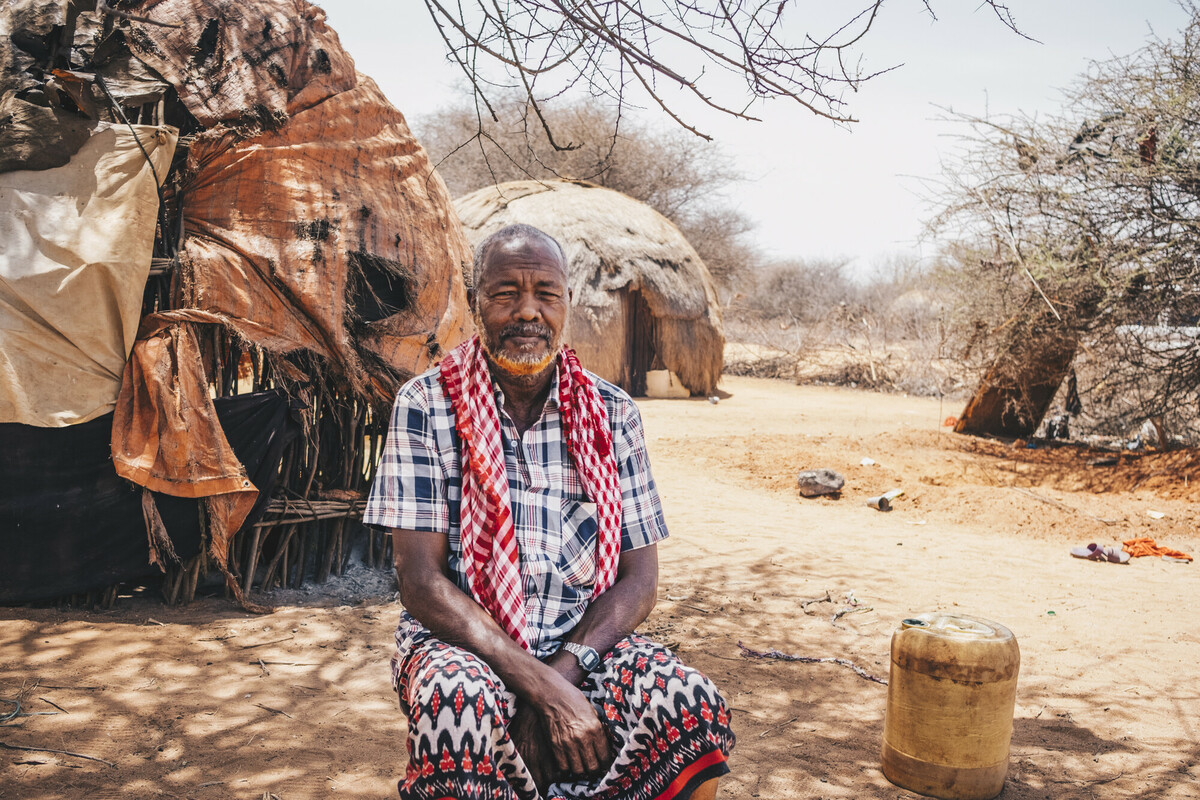By Sarah Rees, Head of Oxfam Cymru and Melanie Simmonds, Head of Save the Children in Wales
A decade ago, after an inadequate response to famine in Somalia, the world said, ‘never again’. Yet, shamefully, we once again stand on the brink.
Globally, 181 million people are forecast to face crisis levels of hunger this year. New analysis by Oxfam and Save the Children suggests that, on average, across Ethiopia, Kenya and Somalia, one person is likely dying every 48 seconds from acute hunger.
The world’s previous commitments to stave off preventable disasters makes our recently released joint report – Dangerous Delays 2 – particularly painful reading. It is a sequel we never wanted to produce as it highlights the world’s repeated failure to act at sufficient scale when the humanitarian warning signs are flashing.
While reinforcing the scale of today’s crisis across East Africa, it recalls similar ‘dangerous delays’ in response to the 2011 drought in the region, which saw famine claim more than a quarter of a million lives in Somalia alone, half of them children under the age of 5.
Then, as now, the world simply failed to act in time and at sufficient scale.
In the wake of the 2011 tragedy, leaders in the region promised to end drought emergencies by this year, while the international community sought to ensure that in future the world would heed the warnings and act early to avoid crises from becoming disasters.
Yet just over a decade on, and despite various warnings and alarms over the past two years about the unfolding situation across East Africa, this commitment has proven half-hearted and we are, once again, responding too late and with too little effort.
The human consequences are devastating.
Nearly half a million people across Somalia and parts of Ethiopia already face famine-like conditions, with women being particularly affected. In Kenya, 3.5 million people are suffering crisis levels of hunger, and the UN predicts that 350,000 Somali children may die by the summer if governments and donors do not tackle food insecurity and malnutrition immediately. Every delay costs lives: the number of people facing crisis levels of hunger in Ethiopia, Kenya and Somalia has more than doubled since last year, from over 10 million to over 23 million people.
Urgent action is desperately needed. Yet right now, the UN emergency appeal for these countries has only received 2 per cent of the funding required. The stark reality is that people are not starving because the world lacks enough food or money. They are doing so because of political failures.
The failure to tackle the underlying drivers of crisis – including inequality, conflict and the climate crisis – is leaving the world dangerously reliant on a humanitarian system that was not designed, nor resourced, to respond to cyclical and predictable shocks at such scale.
Our analysis – produced with the Jameel Observatory – also shows, despite an improved response to the 2017 East Africa drought averting widespread famine, the national and global responses since 2011 have largely remained too slow and too limited to prevent a repeat today.
Worryingly, as we move deeper into the climate crisis, shocks from extreme weather and other related factors – including the deep connection between climate and conflict – will increase further. If current trends continue, the number of disasters each year globally may increase from approximately 400 in 2015 to 560 by 2030. A purely responsive system will not cope.
The hunger crisis unfolding in East Africa – one driven by a mix of climate crisis, Covid and the surge in global food prices caused by the war in Ukraine – is again demonstrating the underlying fragility of our global humanitarian system.
Yet it is in this context that the UK Government has made drastic cuts to the aid budget, significantly affecting funding available for humanitarian assistance. The recently released International Development Strategy appears to prioritise aid for trade over tackling poverty and inequality.
Here in Wales, the Minister for Social Justice, leading a wide portfolio that includes the Wales for Africa programme, heard directly from Lucy Kassa, an Ethiopian journalist reporting on war in Tigray, when she visited Wales earlier this year. However, international organisations including the Welsh Centre for International Affairs and Wales Oversees Agencies Group have called for greater clarity on the vision for Wales international development role, questioning how it will be achieved and funded whilst the Wales for Africa budget has remained static for the past five years.
We cannot wait for emergencies to develop and deepen. We must instead act earlier and at sufficient scale through greater collaboration between governments, development, humanitarian, peace and climate organisations.
We echo and stand with the call made by the young people of Wales in this year’s Urdd Gobaith Cymru’s Message of Peace and Good Will on climate emergency.
It’s time to wake up and take action.
